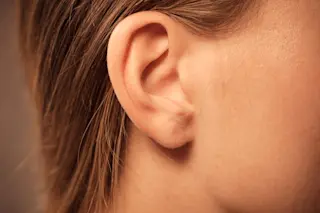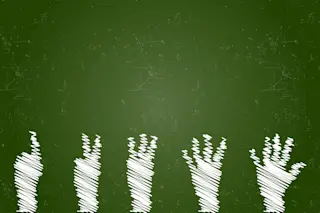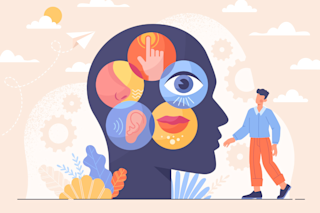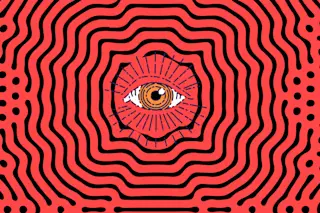Mirella Dapretto, a neuroscientist at the University of California at Los Angeles, may have nailed down the source of some of autism's key symptoms, the social and emotional deficits that make it so difficult for autistic people to interact with others.
Dapretto and her colleagues showed autistic children pictures of human faces, each photo conveying an emotion like happiness or fear, and asked them to imitate what they saw. The researchers scanned the children's brains as they performed the task and compared the results with those of children who were developing normally.
The children in the normal-development group displayed heightened activity in a number of brain regions, but two spots were of particular interest: the movement center (associated with changing facial expressions) and an area near the front of the brain that includes the mirror-neuron system. Mirror neurons are brain cells that fire both when we perform an action and ...














